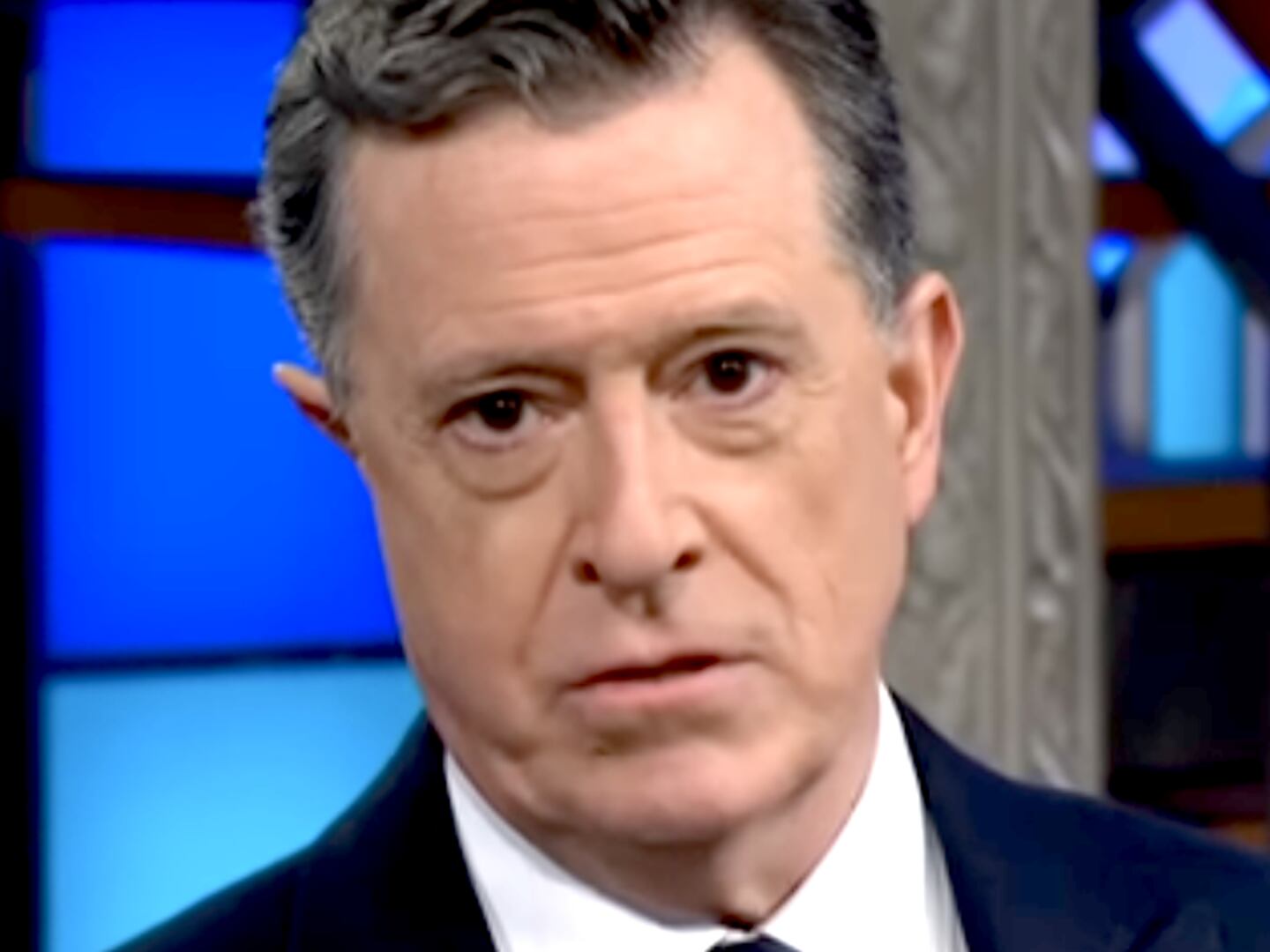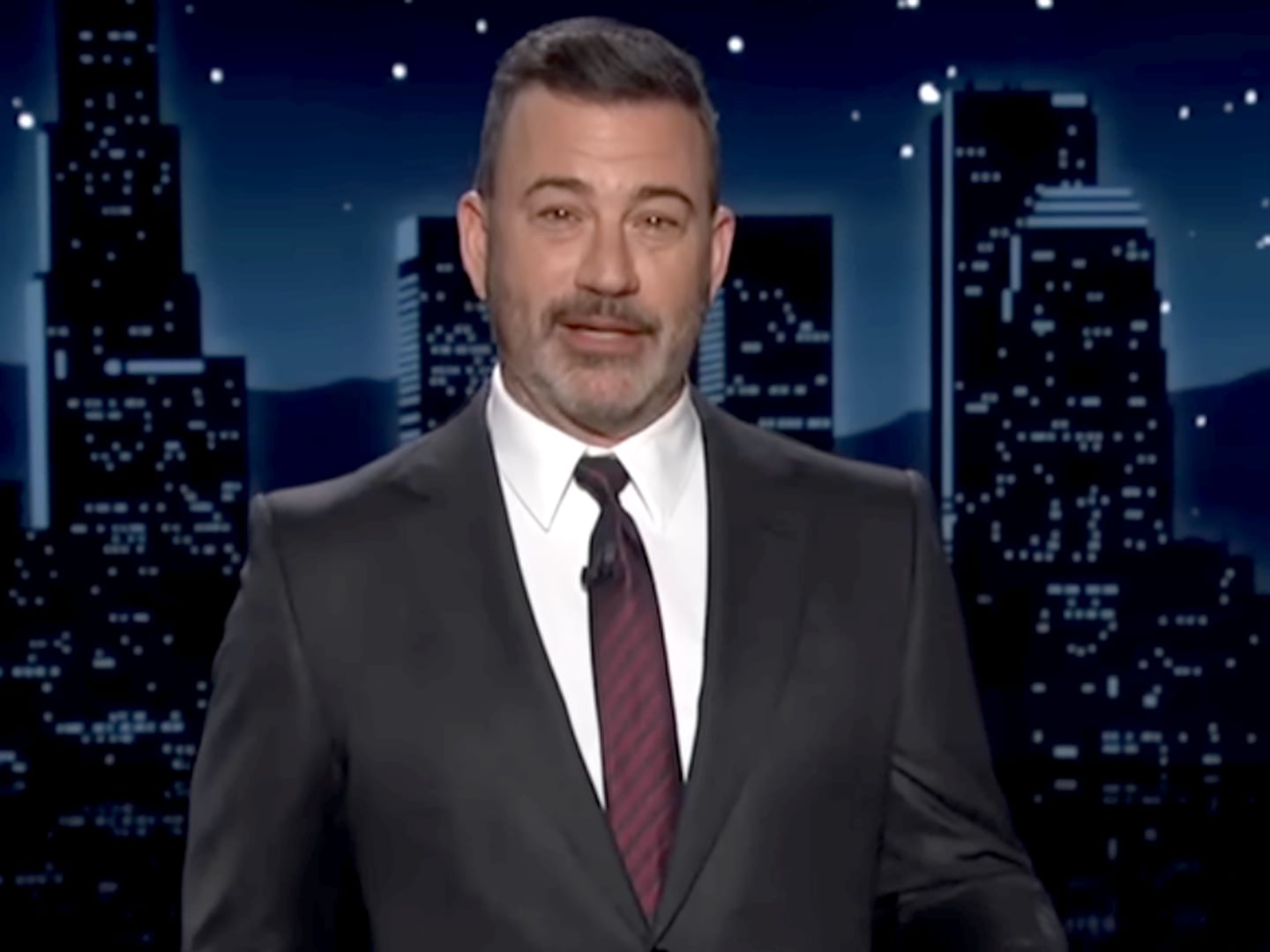Early into Leave the World Behind—writer-director Sam Esmail’s new thriller, in theaters Nov. 22 and streaming on Netflix Dec. 8—Amanda Sanford (Julia Roberts) proclaims just how much she detests her fellow humans. They’re loud, obnoxious, and undeservingly arrogant, she says, barely looking up from their phones long enough to avoid smacking into another person on the sidewalk, and completely unapologetic if they do. This revelation strikes Amanda so fiercely that she hops out of bed in the middle of the night, books a secluded, sprawling vacation rental in a little hamlet of the Hamptons, and starts packing suitcases for her husband Clay (Ethan Hawke) and their two kids, Archie (Charlie Evans) and Rose (Farrah Mackenzie), just so she can get away from her fellow man.
None of these actions strike Amanda as ironic. Instead, she fails to realize that her cynicism is the exact kind of trait cultivating that detached feeling. Much like Amanda, Leave the World Behind is blinded by its own smugness, fancying itself privy to the secrets of the human condition. Esmail is confident that he’s got the answer as to what will happen to our spoiled society when it all goes to shit, like it does when the Sanfords reach their remote destination. While his script’s criticisms are occasionally on-point, they’re too often muddled by both cloying messaging and the series of agonizingly vague apocalyptic events that plague the Sanfords —and the film—no matter how hard they try to escape.
For the first half of Leave the World Behind, that confusion surrounding what’s going on makes for some beguiling suspense. Viewer feels as helpless as the Sanfords do as their restorative vacation slowly turns into a nightmare of seemingly impossible proportions. But first, audiences must endure a worse fate: watching international treasure Julia Roberts be moderately racist. Two unexpected visitors, G.H. Scott (Mahershala Ali) and his daughter Ruth (Myha’la)—the owners of the home that Sanfords are staying in—show up while the Sanfords are in the house, claiming that they drove out from New York after a city-wide power outage. Though they show Amanda proof that they indeed live there, she’s wary of their intentions, ostensibly for no reason other than the fact that G.H. and Ruth are Black.

Roberts is careful not to turn Amanda into a dreaded Karen archetype, playing her character with enough flighty daftness to convince the visitors that she’s simply concerned with her family’s wellbeing in an unfamiliar home. But Amanda’s dread over two middle-of-the-night visitors is magnified when strange occurrences start happening. The Sanfords have their beach day cut short when a massive oil tanker crashes onto a public beach (the sight of the ship creeping toward the sand is one of the film’s most haunting images); cellphone service and WiFi go down, leaving them unable to communicate with the world; a piercing noise fills the atmosphere, containing a sonic power that makes you sick if you don’t cover your ears fast enough.
All of this is frightening, sure. But it becomes less so when Esmail repeatedly gauges the audience’s level of dread with a new title card or by cuing a droning piece of Mac Quayle’s excellent score. These are manufactured nudges toward a heightened state of anxiety conjured without any feasible reason, apart from a hazy narrative that may as well be a big, flashing neon sign that says, “THINGS ARE NOT NORMAL” (accompanied by a smaller sign that reads, “But what is normal these days?”). It doesn’t help that G.H. spends most of the movie’s runtime alluding to knowing something more about what’s going on but refuses to expound on the details, solely to keep viewers intrigued. Instead, this evasion ultimately kneecaps the film’s dramatic potency.
Without its talented ensemble cast, Leave the World Behind would collapse much faster. There’s no one standout in the group; each actor works alongside the other, both in an attempt to elevate the material and generate some real tension. Their efforts succeed for a while, until it becomes clear that each character is extremely one-note, the actors doing all they can to give them some gravity. The lack of nuance in Esmail’s writing is frustrating, especially considering that Rumaan Alam’s 2020 novel of the same name—which won the National Book Award for Fiction—provided a solid rubric from which to pull when adapting the book. This film is proof that Esmail is much more gifted at spinning a yarn in a longer format; I found myself wishing that Leave the World Behind had been able to intrigue me in the ways that Homecoming, Esmail’s prior collaboration with Roberts, managed to do.

Though his direction is competent and irrefutably stylish, Esmail’s writing is too afflicted by Black Mirror syndrome. Like the oft-pretentious Netflix sci-fi drama, the screenplay waves its hands in our faces and asks what we’d possibly do if we were reduced to a primitive technological landscape, before chiding its audience for being human enough to rely on technology when our world could fall into crisis at any second. But the terms of that national emergency are always imprecise. The film spends almost every second of its 141-minute runtime poking the viewer in the shoulder and whispering, “Here it comes!” What “it” is remains unclear for a vexing amount of time, and upon the final reveal, the impact is diminished by how little time we have left with these characters before the credits roll.
One can’t help but recall what M. Night Shyamalan did with his similarly thorny apocalyptic novel adaptation, Knock at the Cabin, earlier this year. Shyamalan and Esmail are two filmmakers who prioritize style when it comes to their work; they’re enterprising artists who know that putting viewers face-to-face with remarkable images of the improbable and calling them fact conjures a seeping sense of dread.
But unlike Shyamalan’s superb work in Knock at the Cabin, Esmail’s big swings land like punches at dead air. Leave the World Behind makes next-to-no impression beyond the nauseatingly obvious messaging in its final moment. This ending spoon-feeds the audience a schmaltzy call for benevolence in a broken universe—one with the same, self-important flavor we’ve tasted too many times before.






